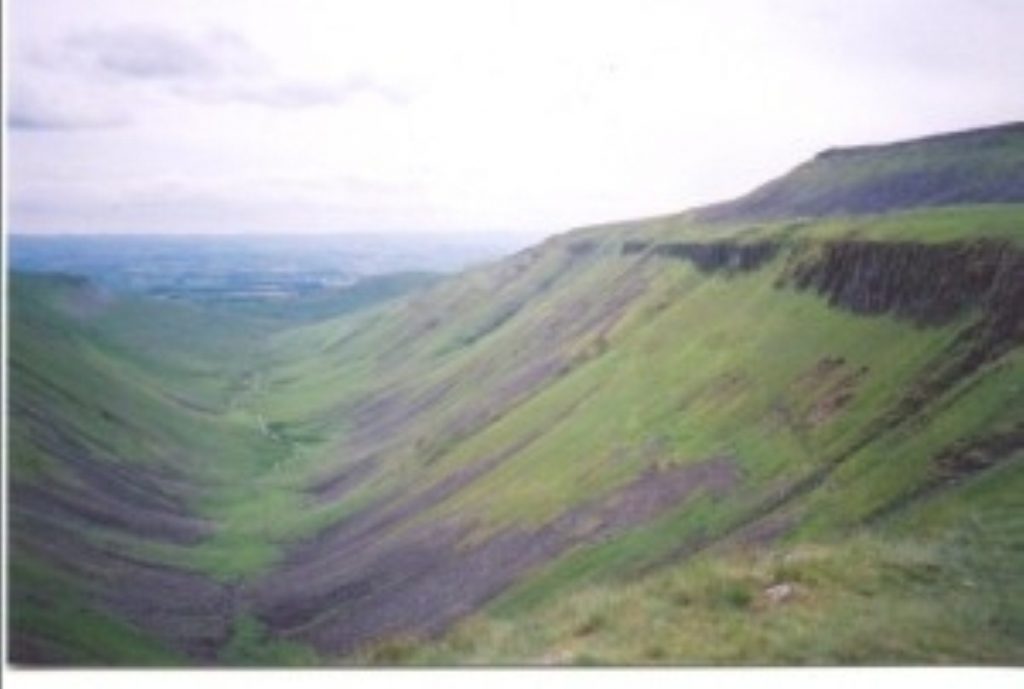Pollutant-busting microbe to tackle toxic chemicals
A new naturally occurring microbe could soon be used to clean up polluted land, scientists in Germany report.
Dr Rapp and colleagues from the National Research Centre for Biotechnology have found a bacterium with the potential to dispose of highly toxic chemicals in the soil. This contamination is sometimes the result of agricultural and petro-chemical waste. Solvents and by products can leach into groundwater for decades, and pose a risk to human health and the environment.
The scientists were looking for a bug that could breakdown the polluting chemicals, but crucially could also gain access to them in the first place. It is already known that some bacteria can breakdown pollutants by digesting them as food, but this process is slow. Adding detergent to the contaminated soil can speed up these bugs, but this bumps up costs.
But the researchers have now shown that a species of Rhodococcus bacteria, called strain MS11, breaks down a wide selection of pollutants, but also makes its own detergent to help it access them. Another plus for this new microbe is it was found naturally occurring in the environment, ruling out concerns about potentially dangerous genetically modified organisms created in the lab.


‘The fact that strain MS11 can degrade a wide range of chemicals, as well as making its own detergent, makes this bacterium perfect for bioremediation of sites polluted for years, or even decades, with unpleasant chemicals’, explains Dr Rapp.
Strain MS11 is particularly efficient in breaking down chlorinated benzenes, widely used in the production of herbicides and pesticides, and for dissolving such materials as oils and rubber. This group of chemicals is known to cause many serious effects including disorders of the immune system to harmful effects on the liver, kidney, thyroid and lung.
The research is published in the October issue of Microbiology.

